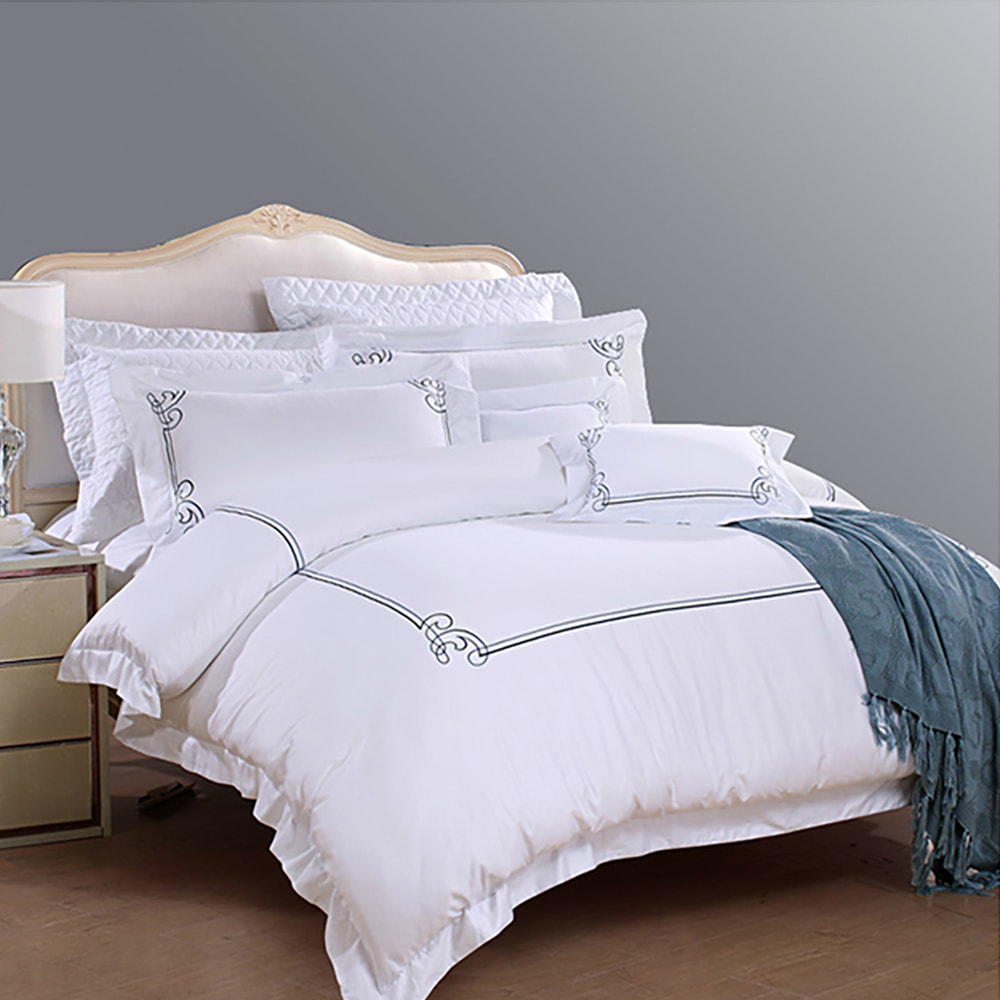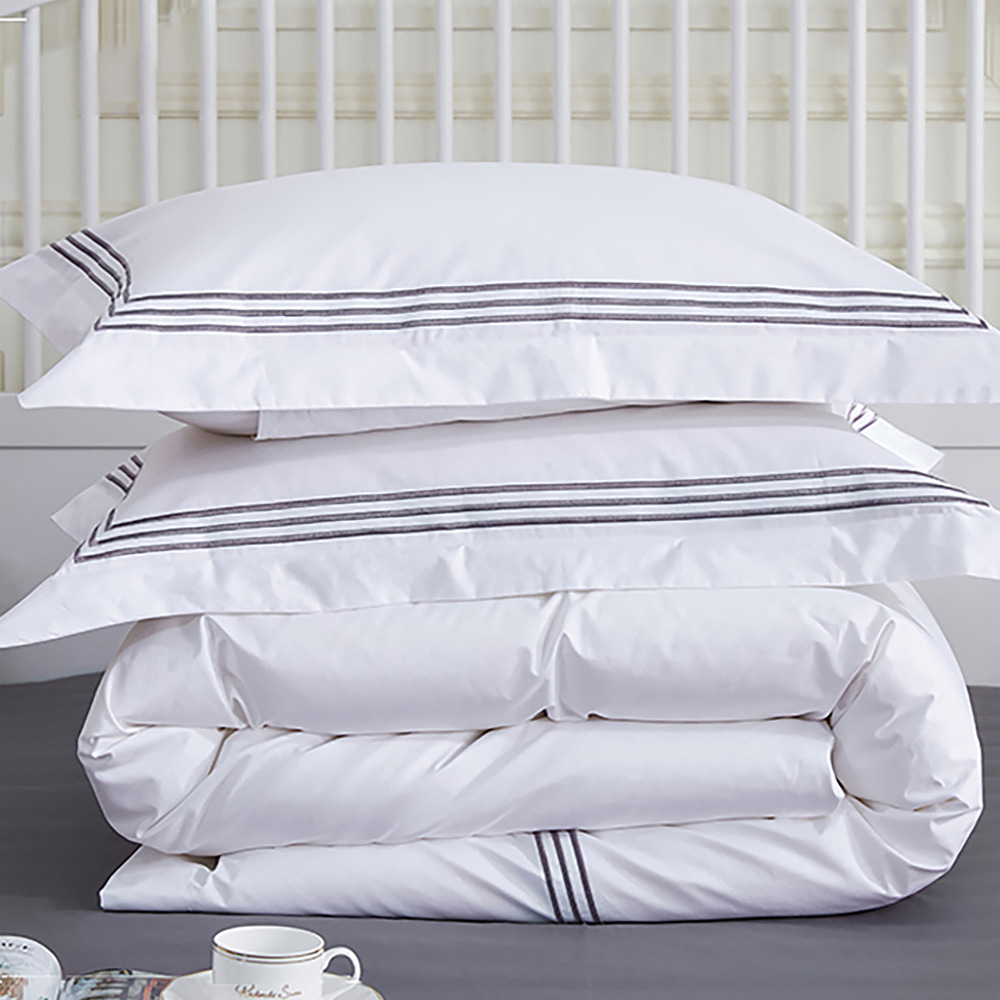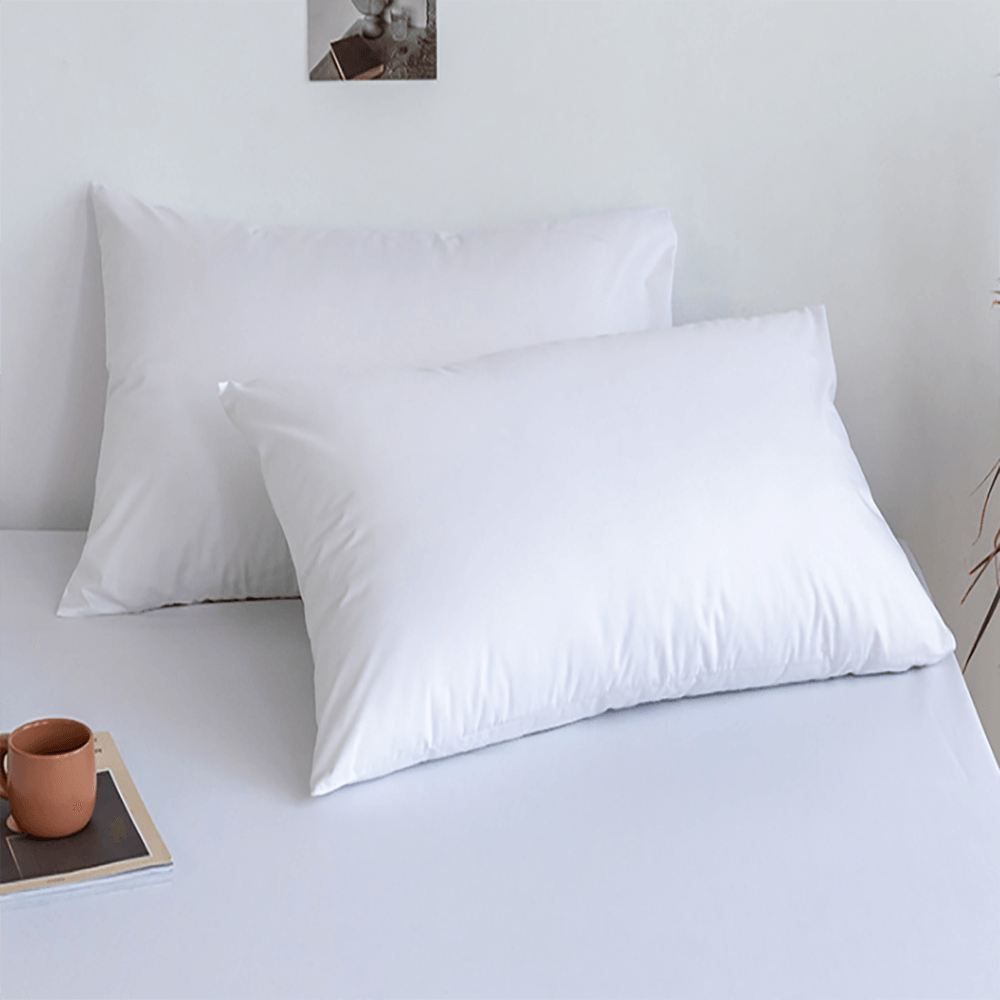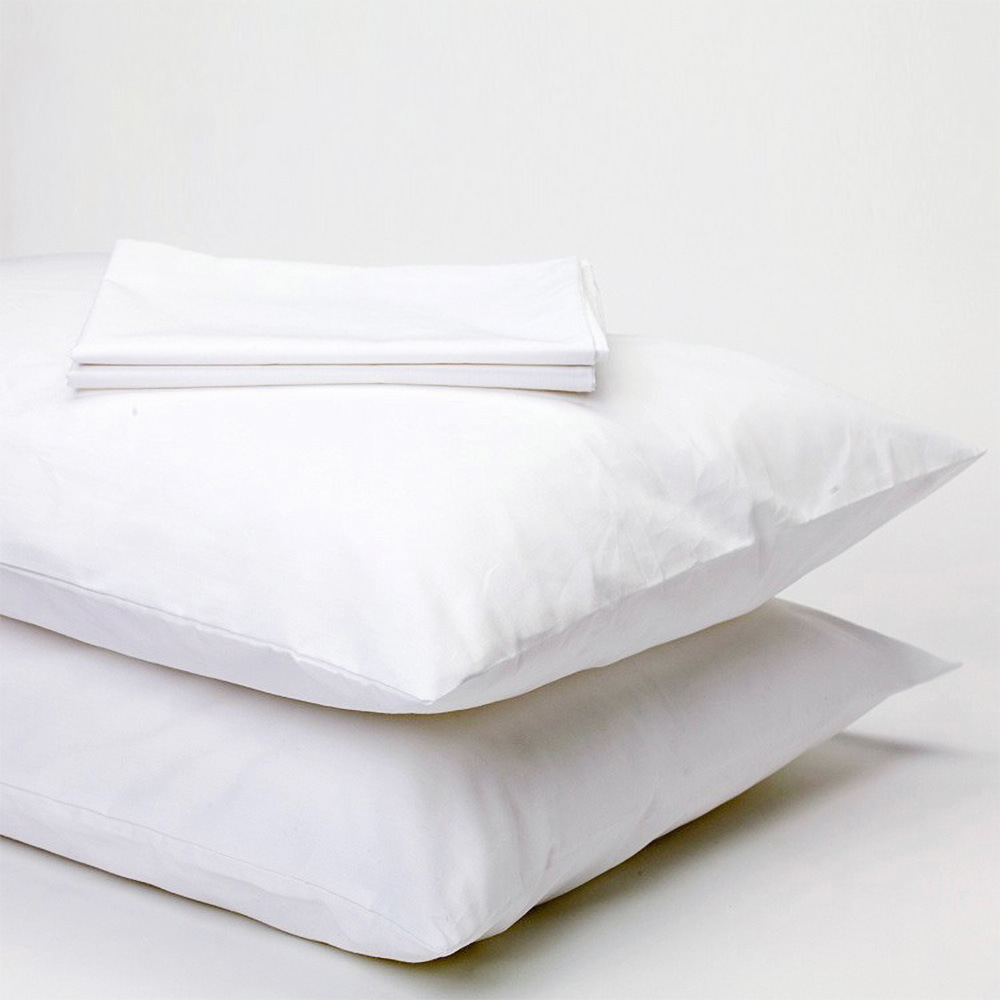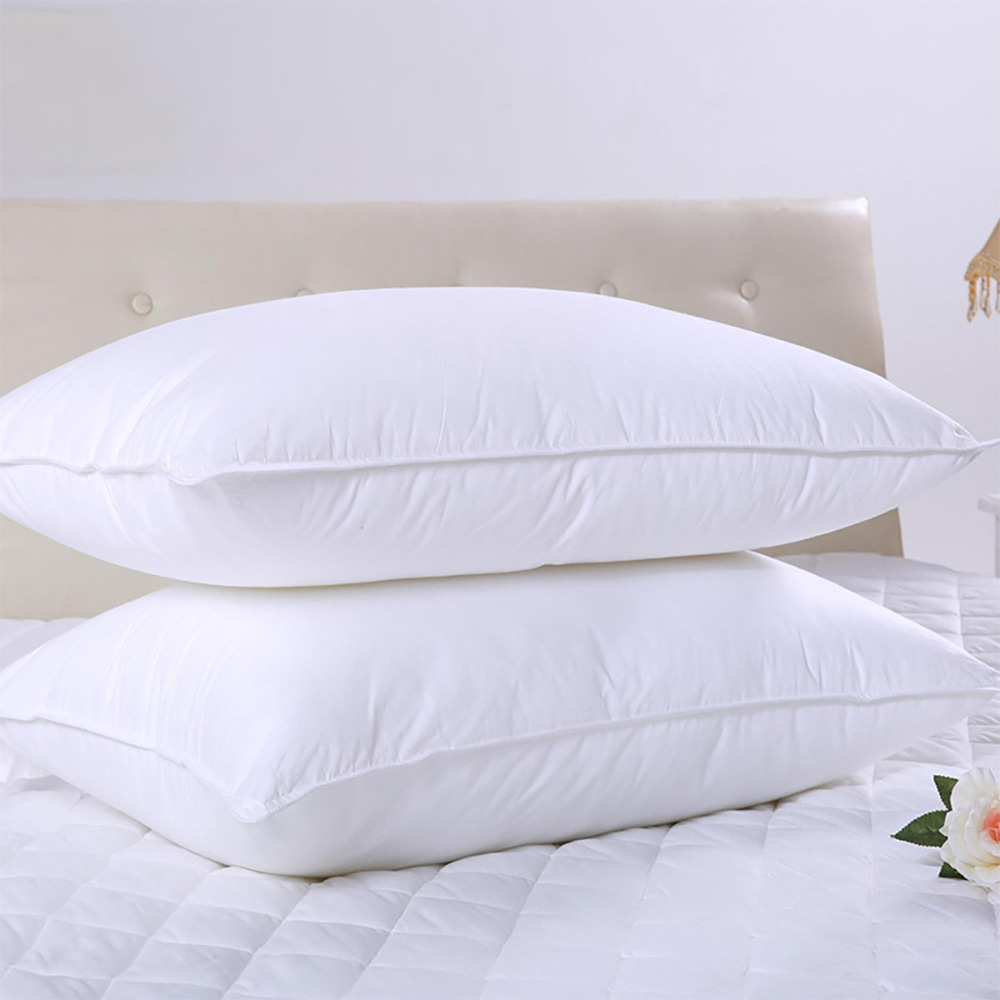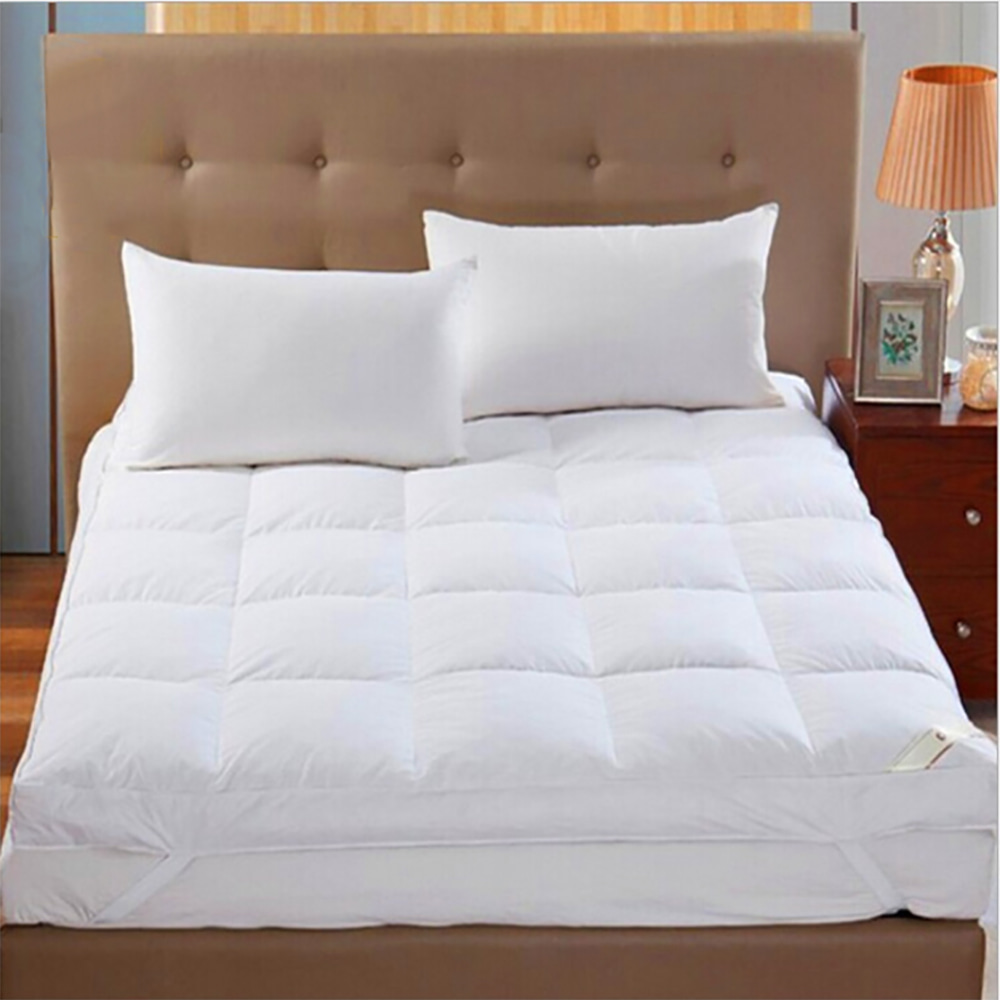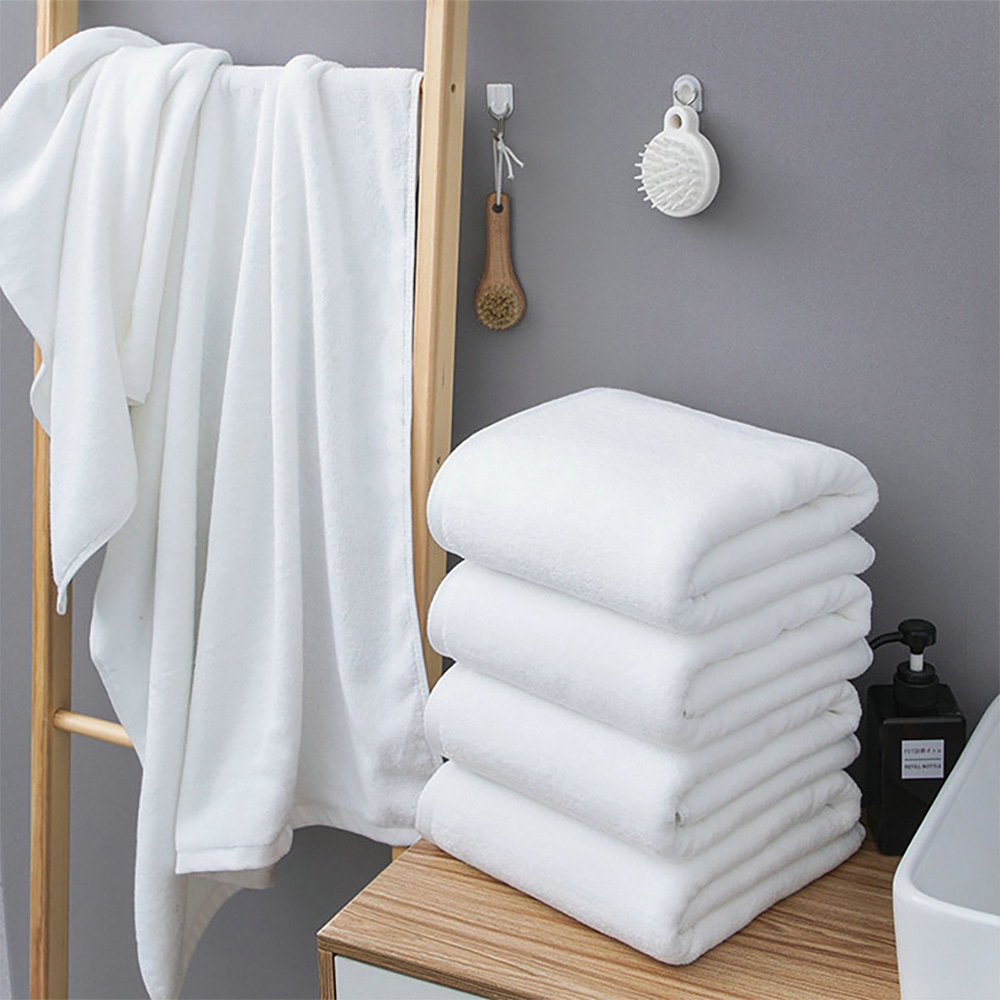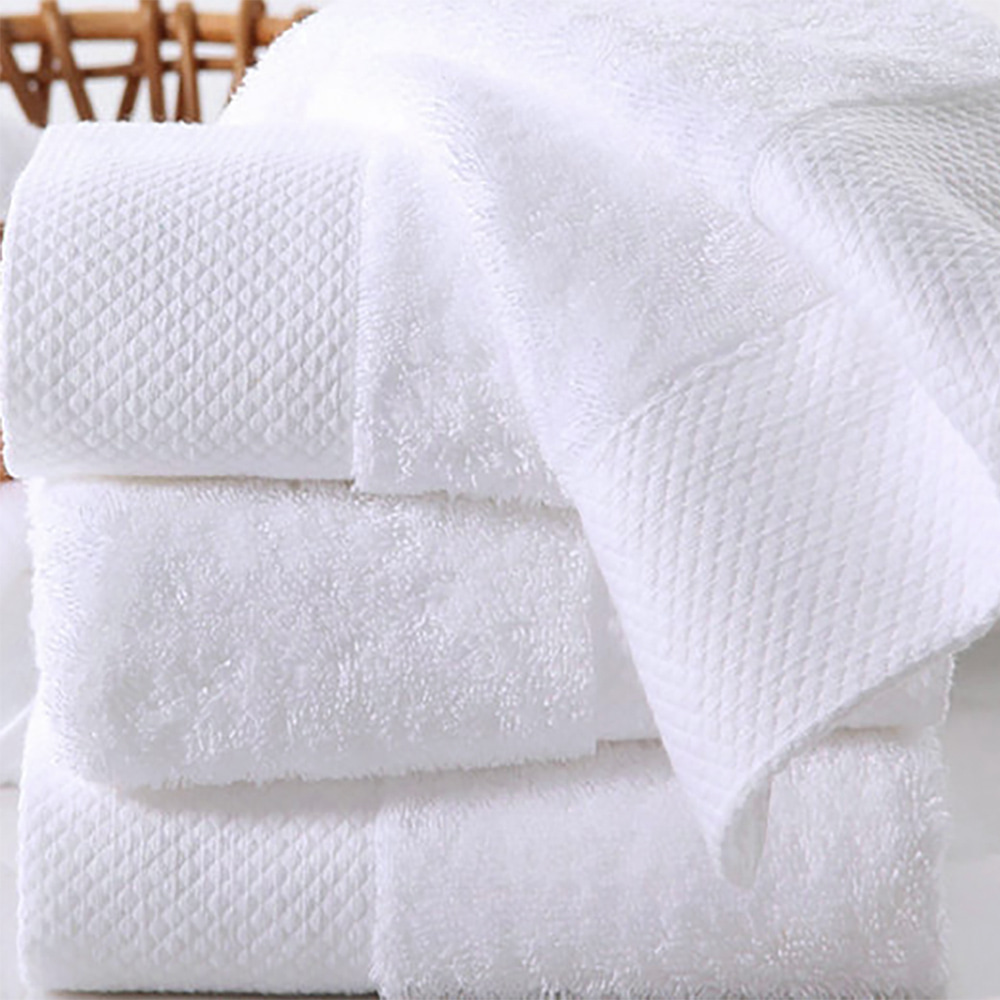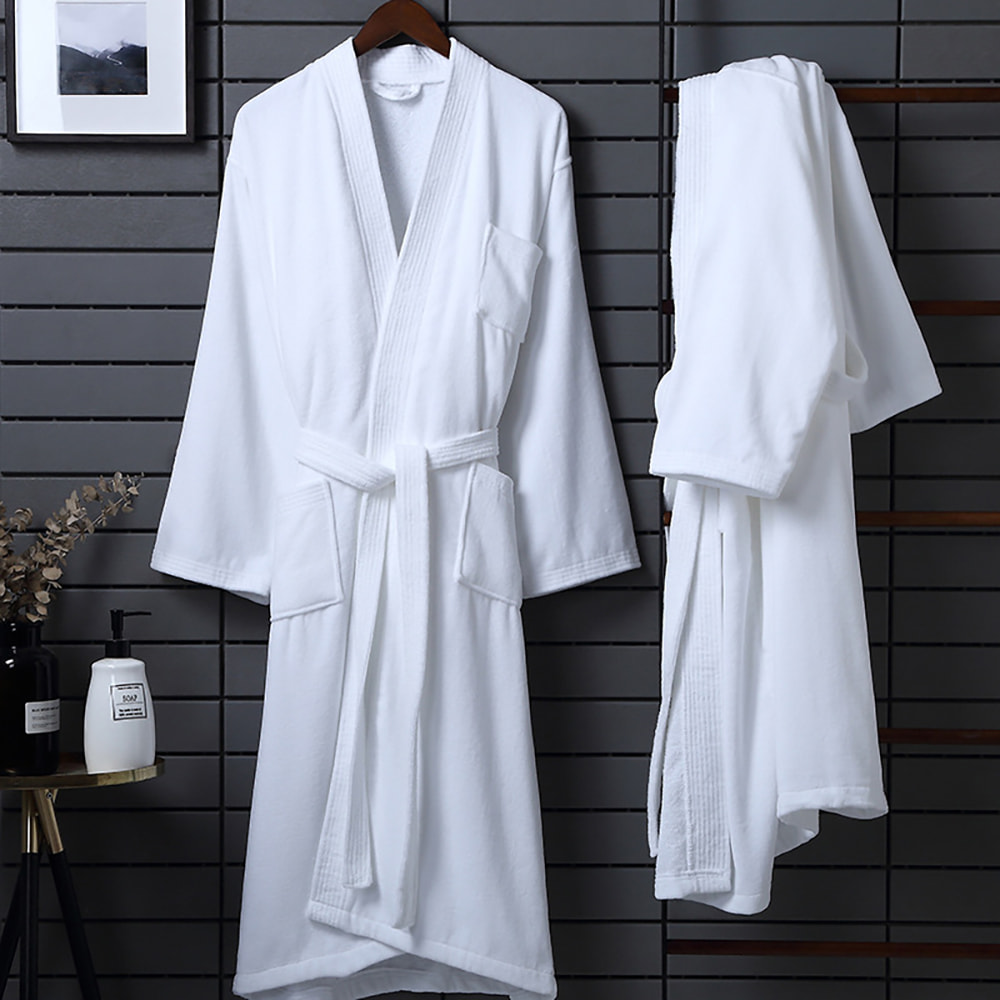Wrinkle resistance is a crucial feature for hotel bed sheets, playing a significant role in both operational efficiency and guest satisfaction within the hospitality industry. The importance of this characteristic goes beyond mere aesthetics; it has a profound impact on the functionality and reputation of hotels. Wrinkle-resistant bed sheets ensure that the linens maintain a crisp, fresh appearance with minimal effort, making them an ideal choice for hotels looking to provide high-quality service while managing costs and labor.
One of the primary reasons wrinkle resistance is so valued in hotel bed sheets is the sheer volume of laundry that hotels process daily. Hotels, especially those with a high turnover of guests, rely on a consistent and efficient laundry process. Bed sheets are frequently washed and need to be laundered quickly to be ready for the next set of guests. If the sheets become wrinkled after washing, additional labor is required for ironing or pressing to restore their pristine appearance. This not only consumes extra time but also increases labor costs and operational inefficiency. Wrinkle-resistant bed sheets help hotels streamline their laundry processes by reducing or eliminating the need for ironing, thus saving valuable time and resources.
The aesthetic aspect of hotel bed sheets cannot be overstated. First impressions are crucial in the hospitality industry, and the condition of the linens directly influences a guest's perception of the hotel. Wrinkle-free bed sheets create a polished and professional appearance that conveys cleanliness, attention to detail, and luxury. Guests are more likely to feel comfortable and satisfied when they encounter smooth, well-maintained sheets rather than wrinkled or poorly presented ones. The presentation of the bed, along with the overall comfort, is a key factor in guest satisfaction and can even influence online reviews, which are a major component of a hotel's reputation.
In addition to aesthetics, wrinkle-resistant bed sheets contribute to maintaining a higher standard of cleanliness. When hotel bed sheets remain wrinkle-free, they are less likely to harbor dirt, oils, and debris, which can become trapped in creases and wrinkles. This not only makes the bedding appear cleaner but also improves the overall hygiene of the room. The smooth surface of wrinkle-resistant sheets is easier to maintain and provides a more comfortable and inviting environment for guests, helping to reinforce the hotel’s commitment to quality and cleanliness.
From a functional perspective, hotel bed sheets made from wrinkle-resistant fabrics are more durable. The treatment processes used to create this feature often result in fabrics that are stronger and less prone to wear and tear. This is essential for high-usage environments like hotels, where linens endure frequent washing and handling. By investing in wrinkle-resistant sheets, hotels can extend the lifespan of their bedding, which ultimately contributes to cost savings over time. Moreover, these sheets are less likely to shrink or lose shape, making them more predictable and easier to fit onto different bed sizes without the need for constant adjustment.
The guest experience is another area where wrinkle resistance plays a significant role. Many hotel guests expect a luxurious and seamless experience when they stay in a hotel. Wrinkle-resistant hotel bed sheets contribute to a sense of well-being and relaxation by providing a smooth, uniform surface that is more comfortable to lie on. Guests are more likely to appreciate the fine details, such as fresh, unwrinkled bedding, which enhances their overall sense of comfort during their stay. In a competitive hospitality market, small touches like these can help a hotel stand out and create lasting positive impressions.
Sustainability is becoming an increasingly important factor in the hospitality industry, and wrinkle-resistant hotel bed sheets can also contribute to a more sustainable operation. By reducing the need for additional ironing or pressing, hotels can decrease energy consumption and reduce the use of chemicals often required in traditional wrinkle-removal processes. This environmentally friendly approach aligns with growing consumer demand for sustainable practices in hospitality, helping hotels attract eco-conscious guests and meet environmental goals.


